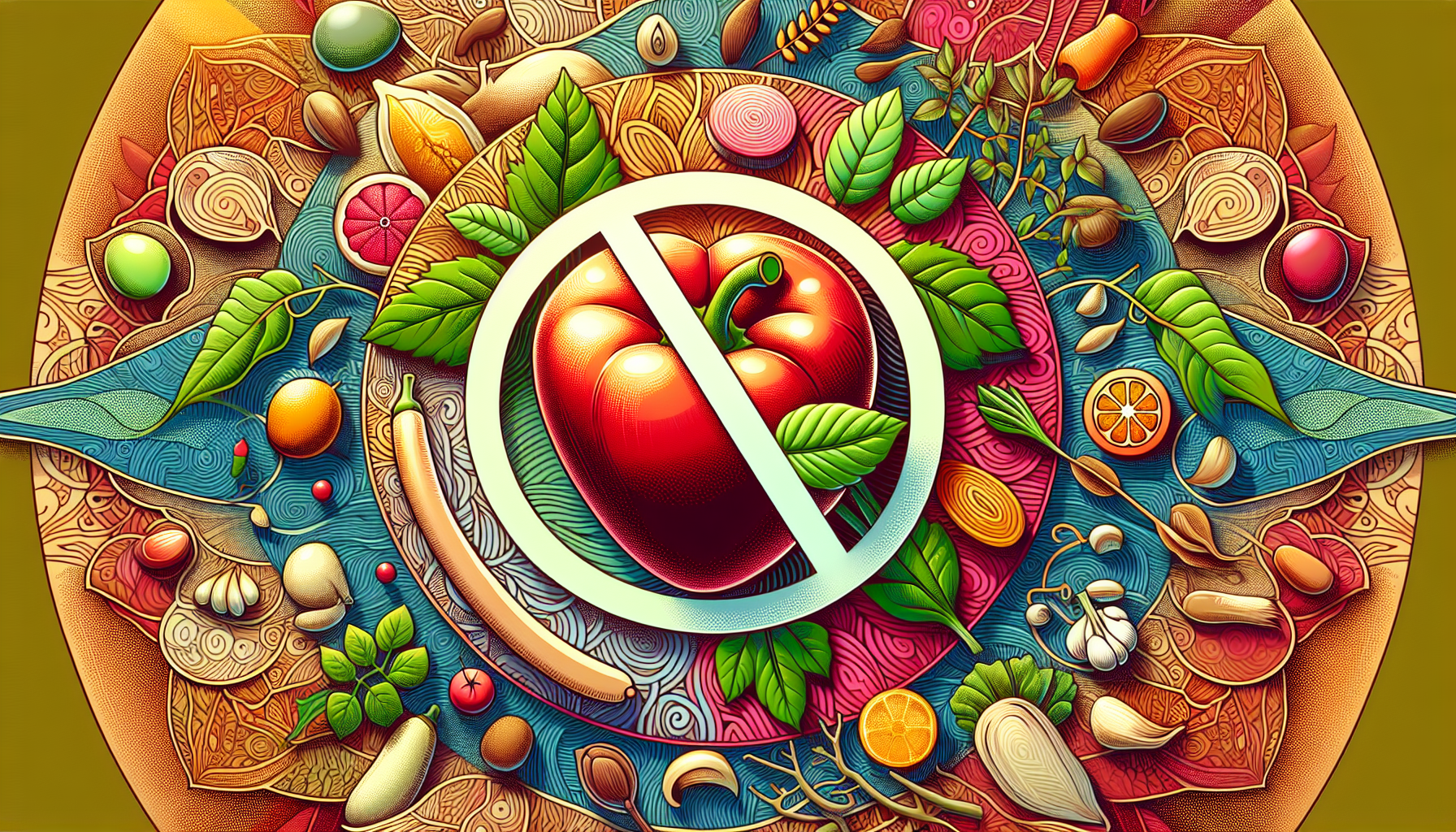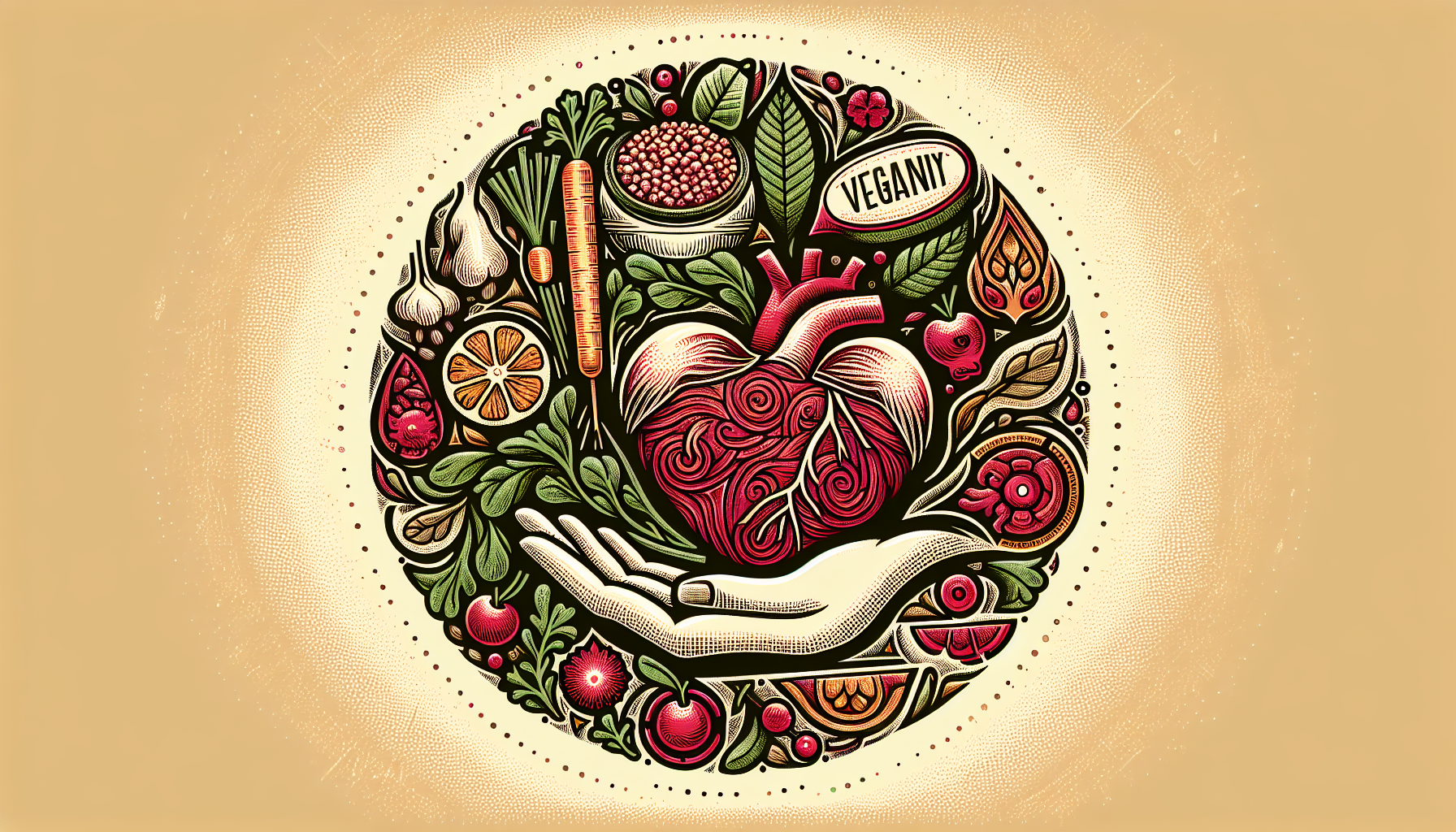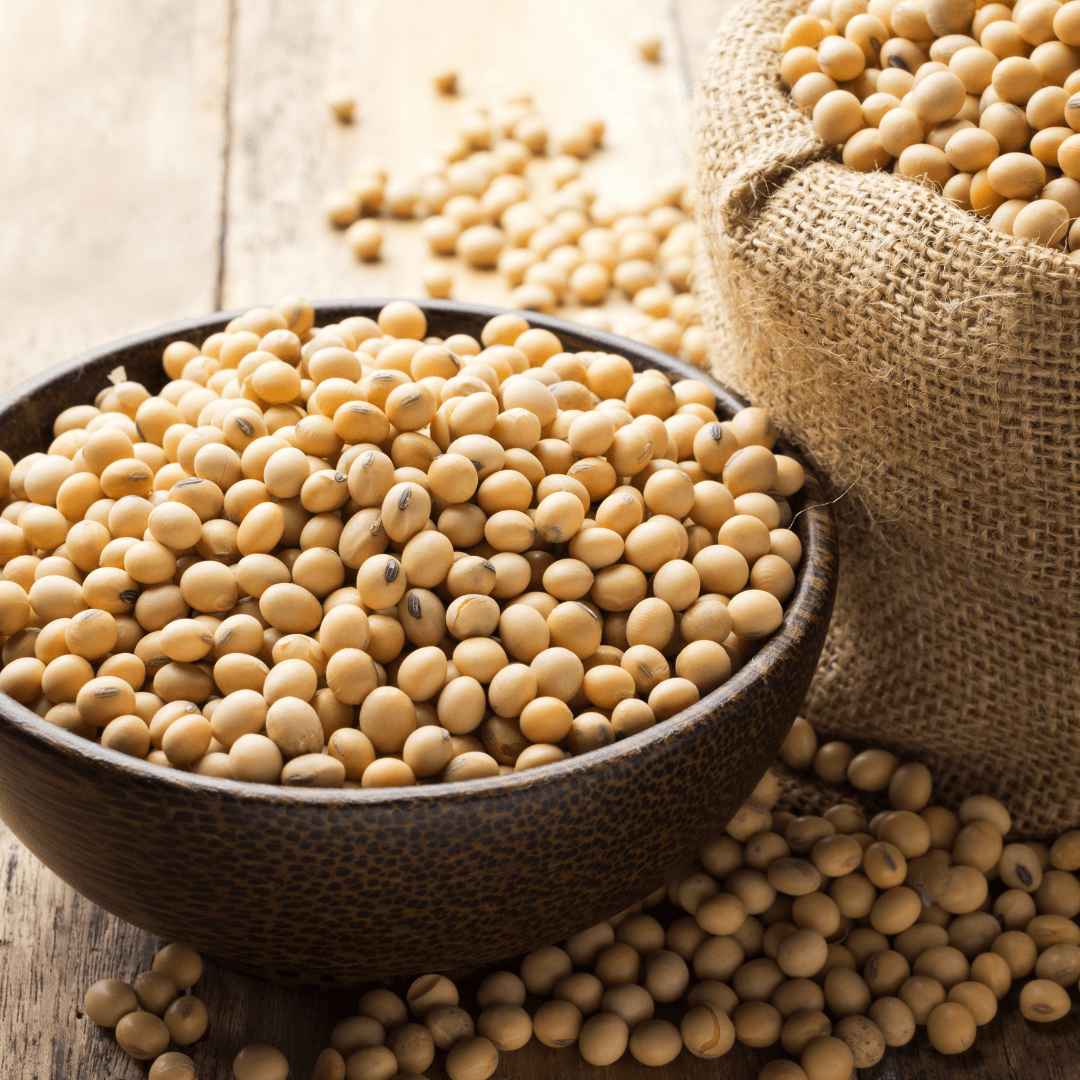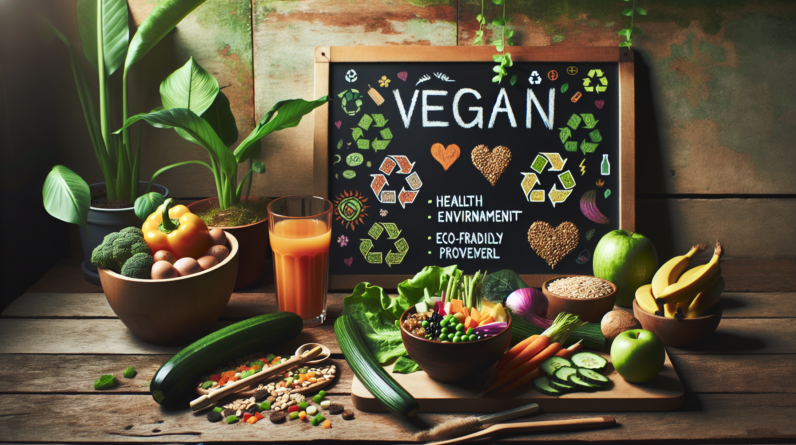Are you curious about what a vegan lifestyle entails? Well, in a nutshell, a vegan lifestyle is all about choosing not to consume any animal products or by-products. It’s a conscious decision to embrace a plant-based diet and to abstain from using any products derived from animals, such as leather or fur. By adopting this lifestyle, vegans aim to minimize harm to animals while promoting a more sustainable and ethical way of living. So, if you’ve ever wondered about the ins and outs of a vegan lifestyle, keep reading to learn more!

Table of Contents
Definition of Veganism
The concept of veganism
veganism is a lifestyle and dietary choice that aims to eliminate the consumption and use of animal products in all aspects of life. It goes beyond just food choices and extends to clothing, personal care products, and other goods. At its core, veganism is driven by the desire to reduce harm to animals and to live in accordance with ethical principles that prioritize compassion and sustainability.
What it means to be vegan
Being vegan means making conscious decisions to avoid any harm or exploitation of animals. It means not consuming meat, poultry, dairy products, eggs, honey, or any other animal-derived ingredients. In addition to that, embracing a vegan lifestyle involves supporting companies and organizations that share the same ethical values, and actively seeking out alternatives that are cruelty-free and sustainable.
The origins of veganism
The roots of veganism can be traced back to the early 20th century when a group of vegetarians in Britain formed the Vegan Society, coining the term “vegan” to describe the distinction between a vegetarian diet (which excludes meat) and a diet that avoids all animal products. Over the years, veganism has continued to gain popularity and has evolved into a global movement driven by concerns for animal welfare, environmental sustainability, and personal health.
Benefits of a Vegan Lifestyle
Improved health and well-being
Adopting a vegan lifestyle can have numerous health benefits. A plant-based diet is typically lower in saturated fats and cholesterol, which can help reduce the risk of heart disease and high blood pressure. It is also rich in fiber, antioxidants, and essential vitamins and minerals that are beneficial for overall health. Many studies have shown that vegans often have lower body mass index (BMI) and a reduced risk of chronic diseases such as diabetes and certain cancers.
Environmental sustainability
The environmental impact of animal agriculture cannot be ignored. Livestock farming is a major contributor to deforestation, greenhouse gas emissions, and water pollution. By choosing a vegan lifestyle, you are actively reducing your carbon footprint and conserving natural resources. Plant-based diets require less land, water, and energy compared to animal-based diets. Moreover, a shift towards veganism promotes sustainable farming practices and supports a more ecologically balanced food system.
Animal welfare and ethics
One of the primary motivations behind veganism is the ethical treatment of animals. By abstaining from the use of animal products, you are taking a stand against the exploitation and suffering of animals. The intensive farming practices prevalent in the animal industry often involve confinement, cruelty, and disregard for the well-being of animals. Choosing a vegan lifestyle means supporting a compassionate approach towards our fellow living beings.
Key Principles of Veganism
Avoiding animal products
At the core of veganism is the commitment to avoiding the use of any products derived from animals. This includes not only meat, poultry, dairy, and eggs, but also ingredients such as gelatin, honey, and certain food additives derived from animal sources. It also extends to non-food items like leather, fur, wool, silk, and other materials made from animals.
Embracing plant-based foods
A vegan diet is centered around whole plant-based foods such as fruits, vegetables, legumes, grains, nuts, and seeds. These foods provide a rich source of essential nutrients, fiber, and antioxidants. A diverse and well-balanced vegan diet can meet all nutritional requirements and provide a wide range of flavors and culinary experiences.
Sustainable lifestyle choices
Veganism is not just about what you eat but also extends to other aspects of your lifestyle. It involves making conscious choices that promote sustainability and minimize harm to the environment. This can include using cruelty-free and vegan-friendly personal care products, clothing made from synthetic or plant-based materials, and supporting eco-conscious businesses and initiatives.
Foods to Avoid on a Vegan Diet
Meat and poultry
As a vegan, you will avoid all forms of meat, including beef, pork, chicken, turkey, and seafood. This also includes processed meats like sausages, hot dogs, and deli meats. Instead, you can explore a wide range of plant-based protein sources to meet your nutritional needs.
Dairy products
Since veganism excludes all animal-derived products, dairy items like milk, cheese, butter, and yogurt are not consumed. Fortunately, there are many delicious and nutritious plant-based alternatives available, made from soy, almond, oat, or coconut milk.
Eggs and honey
Vegans do not consume eggs or any products made with eggs, such as mayonnaise or baked goods. Though honey is often debated within the vegan community, most vegans choose to abstain from honey as well, opting for alternative sweeteners such as maple syrup or agave nectar.

Essential Nutrients for Vegans
Protein sources for vegans
Protein is an essential nutrient for the body, and there are plenty of plant-based sources available to vegans. Legumes such as beans, lentils, and chickpeas are excellent protein sources. Other options include tofu, tempeh, seitan, quinoa, and edamame. It’s important to consume a variety of these protein sources to ensure a complete amino acid profile.
Vitamin B12 supplementation
Vitamin B12 is primarily found in animal-derived foods, so it is crucial for vegans to supplement their diet with this nutrient. Vitamin B12 plays a vital role in the production of red blood cells and the health of the nervous system. Fortified plant-based milk, nutritional yeast, and B12 supplements are common options for meeting B12 requirements.
Iron and calcium considerations
Iron and calcium are vital minerals that can be obtained from plant-based sources. Foods rich in iron include leafy green vegetables, legumes, tofu, and fortified cereals. Calcium can be found in dark leafy greens, tofu, fortified plant-based milk, and calcium-set tofu. However, it is recommended to monitor iron and calcium levels and consult a healthcare professional if necessary.
Vegan Alternatives to Animal Products
Plant-based milk substitutes
With the growing popularity of veganism, the market now offers a wide variety of plant-based milk options. Almond milk, soy milk, oat milk, rice milk, and coconut milk are just a few of the many choices available. These can be used as a replacement for cow’s milk in recipes or enjoyed on their own.
Meat substitutes
For those who crave the texture and flavors of meat, a plethora of plant-based meat substitutes are available. These alternatives, made from soy, wheat, peas, or mushrooms, mimic the taste and texture of meat while providing a cruelty-free option. They can be used in a variety of dishes, from burgers and sausages to stir-fries and stews.
Egg and dairy alternatives
Vegans can enjoy an array of egg replacements for baking or cooking purposes, such as flaxseed meal, mashed banana, applesauce, or commercially available egg replacers. Dairy alternatives like vegan cheese, butter, yogurt, and ice cream made from plant-based ingredients can easily be incorporated into your daily meals.
Tips for Transitioning to a Vegan Lifestyle
Gradual dietary changes
Transitioning to a vegan lifestyle doesn’t have to happen overnight. It can be helpful to gradually replace animal products with plant-based alternatives. Start by incorporating more fruits, vegetables, and whole grains into your diet while gradually reducing meat and dairy consumption. This allows your taste buds and body to adjust to the change more easily.
Exploring new recipes and cuisines
Adopting a vegan lifestyle is a perfect opportunity to explore new flavors and cuisines. Embrace the diversity of plant-based foods by trying out recipes from various cultures. Experimenting with new ingredients and cooking techniques will make the transition enjoyable and satisfying.
Building a support network
Surrounding yourself with like-minded individuals can be immensely helpful during your vegan journey. Joining vegan groups or online communities can provide support, advice, and a sense of belonging. Connecting with friends or family members who are also interested in plant-based living can create a positive and encouraging environment.
Challenges of a Vegan Lifestyle
Social pressures and misconceptions
Living a vegan lifestyle may come with social challenges, as it can be seen as unconventional by some. Friends, coworkers, and family members might not fully understand or support your choices. However, it’s important to remember your reasons for choosing veganism and to educate others about the benefits of this lifestyle.
Access to vegan-friendly options
Finding vegan-friendly options in certain areas or during travel can be challenging, especially in places where plant-based diets are less common. However, with the increasing popularity of veganism, more and more establishments are recognizing the demand for plant-based options. Researching restaurants, cafés, and stores in advance and keeping quick, easy vegan snacks on hand can help overcome this challenge.
Traveling and dining out as a vegan
Exploring new places and trying local cuisines while being vegan can be an exciting adventure. Researching vegan-friendly restaurants and cafés ahead of time can make dining out easier. Additionally, packing some vegan snacks or meal options for travel can ensure you always have a nutritious and satisfying choice available.
Veganism and Sustainability
Reducing carbon footprint
Animal agriculture is a significant contributor to greenhouse gas emissions, deforestation, and climate change. By adopting a vegan lifestyle, you are choosing a more sustainable path. The environmental impact of plant-based diets is significantly lower, as they require fewer resources and produce fewer greenhouse gas emissions compared to animal-based diets.
Conserving water resources
Water scarcity is a global issue, and animal agriculture is a major water-intensive industry. By consuming plant-based foods, you are indirectly conserving water. Growing crops for human consumption requires significantly less water compared to raising animals for meat or dairy products. Making sustainable choices in our daily lives can collectively make a significant impact on preserving this precious resource.
Preserving biodiversity
Animal agriculture has a significant impact on deforestation and habitat destruction. As forests are cleared to make space for livestock farming or to grow feed crops, wildlife habitats are disrupted, leading to loss of biodiversity. By choosing a vegan lifestyle, you are promoting the preservation of ecosystems and protecting countless species from the negative consequences of animal agriculture.
The Vegan Lifestyle and Ethics
Fostering compassion for animals
Choosing a vegan lifestyle means actively advocating for and protecting the rights and well-being of animals. By abstaining from the use of animal products, you are expressing empathy and compassion towards sentient beings. This compassion extends to all animals, including those used for food, clothing, entertainment, and experimentation.
Animal rights activism
Many vegans engage in animal rights activism to raise awareness about the ethical implications of using animals for human purposes. This can involve volunteering at animal sanctuaries, participating in protests, or advocating for legislative changes to improve animal welfare. Activism allows vegans to actively contribute to making the world a better place for all living beings.
Ethical considerations in other aspects of life
Adopting a vegan lifestyle often leads to a broader perspective on ethical choices. Vegans often become more conscious consumers, considering the environmental and humanitarian impact of their purchases. This may include opting for sustainable and ethical fashion, supporting cruelty-free beauty brands, and rejecting products that involve animal testing or exploitation.
In conclusion, a vegan lifestyle provides numerous benefits for individuals, animals, and the planet. By embracing the principles of veganism and making mindful choices, you can contribute to a more compassionate, sustainable, and ethical world. So, whether you are motivated by health, environmental concerns, or a desire for animal welfare, transitioning to a vegan lifestyle is a powerful and positive choice that can transform your life and the lives of those around you.






